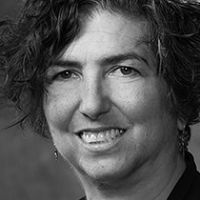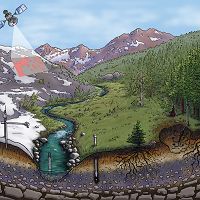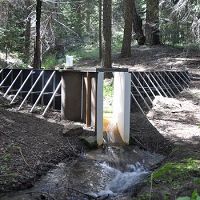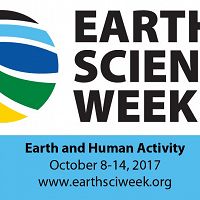Higher Education
The Eel River CZO will produce a generation of students and postdocs who have worked together across the disciplines of climate science, hydrology, ecology, geobiology, geochemisty and geomorphology and who have made discoveries at the interface of these fields.
University of California Berkeley offers degrees in multiple areas of CZ science.
Students (graduate and undergraduate) have been instrumental to the Eel River CZO. Graduate student-led research has already been initiated on research including: 1) prediction of the critical zone development, 2) dynamics of runoff and rock moisture availability to the forest canopy, 3) chemical evolution of water and gasses through the critical zone, and 4) influence of vegetation on regional climate. Meet our current and past students here.
To learn more about the graduate programs the Eel River CZO is involved in please visit departmental pages here:
Visit the Eel River CZO or learn about our research by taking a UC Berkeley course.
Below are some summaries of select courses. You can search what is being offered currently via our online schedule of classes.
News

Congratulations Jill Marshall on receiving the 2018 Luna B. Leopold Young Scientist Award
06 Nov 2018 - Marshall Receives 2018 Luna B. Leopold Young Scientist Award

Undergraduate course curriculum, “Introduction to Critical Zone Science,” available free online
01 Jan 2018 - A 15-week semester-long upper-level undergraduate course curriculum entitled “Introduction to Critical Zone Science” is now available free online.

Water Resources Research Special Collection: Concentration-discharge relations in the critical zone
30 Oct 2017 - Water Resources Research published a new special collection in September 2017 featuring concentration-discharge research from multiple CZOs.

Earth Science Week 2017 Video Contest
15 Aug 2017 - For Earth Science Week 2017, the American Geosciences Institute invites you to enter the Earth Connections video contest. Submit a brief, 30-90...

2017 CZO Webinar Series: Critical Zone and Society
06 Apr 2017 - 2017 CZO Webinar Series: Critical Zone and Society.
Explore Further
